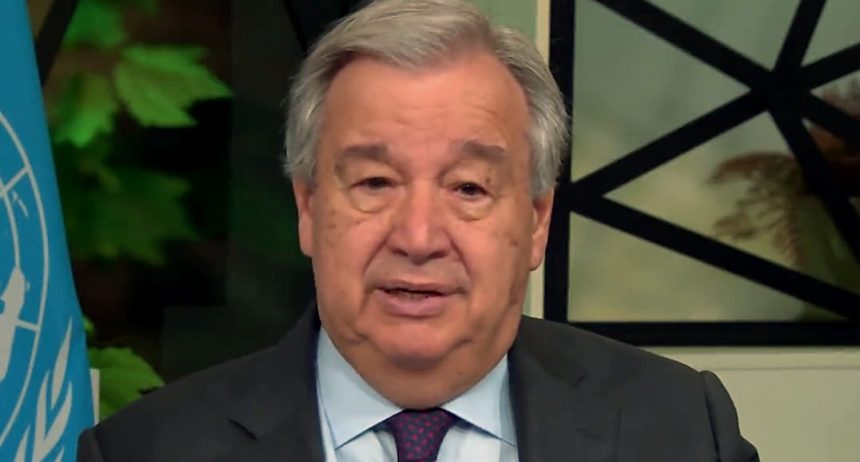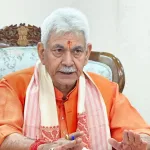Following the Pahalgam terror attack, UN Spokesperson Stephane Dujarric emphasised that UN Secretary General Antonio Guterres is closely monitoring the situation with deep concern.
He reiterated the UN’s strong condemnation of the terrorist attack in Jammu and Kashmir, and called on India and Pakistan to exercise maximum restraint to prevent further escalation.
He stressed that any issues between the two nations should be resolved peacefully through meaningful mutual engagement.
During a daily press briefing on Thursday, Dujarric said, “He (Antonio Guterres) is following the situation very closely and with very great concern. We were very clear in our condemnation of the terror attack that occured in Jammu and Kashmir, which killed a large number of civilians. But we very much appeal to both the government of Pakistan and the government of India to exercise maximum restraint and to ensure that the situation and the developments we have seen do not deteriorate any further. Any issues between Pakistan and india, we believe, can be and should be resolved peacefully through meaningful mutual engagement.”
Notably, Guterres had strongly condemned the deadly terrorist attack in Pahalgam and emphasised that targeting civilians is unacceptable under any circumstances.
The Secretary-General also extended his deepest condolences to the families of the victims. In a statement issued by the UN Spokesman, Guterres strongly condemned the attack in Jammu and Kashmir. Dujarric, responding to inquiries, emphasised the Secretary-General’s condemnation of the attack.
“Guterres extends his heartfelt condolences to the bereaved families,” said Dujarric, underscoring “that attacks against civilians are unacceptable under any circumstances.”
Meanwhile, on being asked if the Secretary General have anything to say about India suspending the water with Pakistan, Dujarric said, “I think this would go under the rubric of us appealing for maximum restraint and not taking any actions that would deteriorate the situation further…”
Following the terror attack, the Central government announced several diplomatic measures, such as closing the Integrated Check Post (ICP) at Attari, suspending the SAARC Visa Exemption Scheme (SVES) for Pakistani nationals, giving them 40 hours to return to their country, and reducing the number of officers in the High Commissions on both sides.
India also halted the Indus Waters Treaty signed in 1960 in the wake of the Pahalgam attack. Terrorists attacked tourists at Baisaran meadow in Pahalgam on April 22, killing 25 Indian nationals and one Nepali citizen while leaving several others injured.
The Indus Waters Treaty was signed in 1960, following nine years of negotiations between India and Pakistan, with the assistance of the World Bank, which is also a signatory to the treaty. The talks were initiated by Eugene Black, a former president of the World Bank.
Recognised as one of the most successful international treaties, it has endured frequent tensions, including conflict. It has provided a framework for irrigation and hydropower development for over half a century.
The Treaty allocates the Western Rivers (Indus, Jhelum, Chenab) to Pakistan and the Eastern Rivers (Ravi, Beas, Sutlej) to India. At the same time, the Treaty allows each country certain uses of the rivers allocated to the other. The treaty allocates 20 per cent of the water from the Indus River System to India, with the remaining 80 per cent to Pakistan. (ANI)








